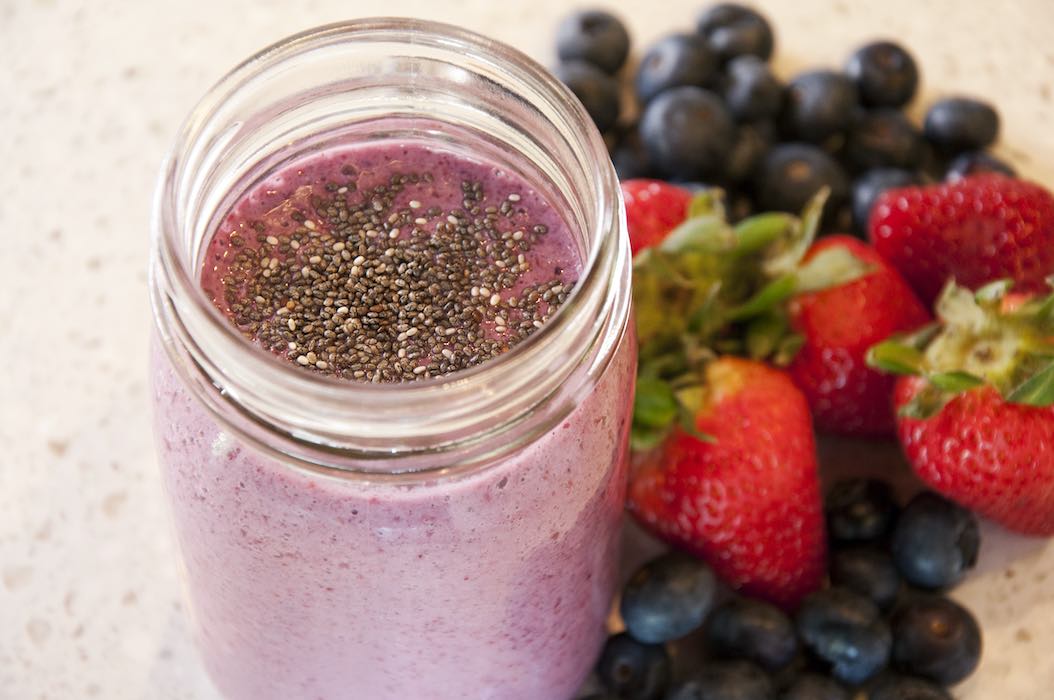The nights are still long and the mornings still slow and cold. We are at the leading edge of winter, moving deeper into its restorative womb over the next few months. Nature continues to draw her energies deeper inside and down into the roots. This inward pull is necessary for all of nature, a precious time to restore and reconnect to our essential healing strengths. In Ayurvedic philosophy, this is the season of kapha, dominated by the elements of water and earth. Its overall qualities are cold, wet, slow, dark, and heavy. This can lead to stagnation, respiratory issues, mood disorders (seasonal affective disorder, or SAD, is prevalent in the northern latitudes), and fatigue. These issues tend to be exacerbated when we continue to push, strive, and overexert ourselves.
Winter is the time to turn inward, get more rest, and slow down from the pace of summer and fall. It’s a time to hibernate, reflect, vision, and hold space for all the seeds you are planting for the new year. It’s also a time to deeply tend to our inner selves, the relationships most important to us, and a time to harness and tend the energy that will be needed in the year to come.
According to Ayurveda, we want to bring balance to these overarching energies of winter; we want to bring more warmth, gentle stimulation, and light into our lives. This is why adopting seasonal routines and diets help us adapt to our environments. When we change our diets as the seasons change what is available to us, we consciously sync with our environments. We can gently coax our bodies back into equilibrium through our daily food and drink intake.
Winter is the season that gives us the strongest digestion and inner fire to transform heavier foods and the experiences of the past year. Our bodies require more food to stay warm and to keep our immunity strong through the season. From an Ayurvedic perspective, we want to pacify kapha without aggravating either pitta (fire) or vata (air) dosha.
In general, we want to focus on warm, nourishing, and easy-to-digest foods, using plenty of culinary spices to aid digestion. Avoid cold drinks and foods as much as possible, and sip warming herbal teas throughout the day. The recipes in this winter guide are Ayurvedic-inspired and use seasonal produce available in most farmer’s markets and stores.
Roasted Cauliflower with Black Sesame Recipe (serves 6)
Cauliflower is thought to be good for the lungs, as it resembles the air sacs and is high in antioxidant-rich sulfur, which supports bone and joint health. Black sesame seeds are rich in calcium and, according to Chinese Medicine, support the kidneys.
Ingredients
- 2-3 medium to large heads of cauliflower chopped
- 1 tbsp olive oil
- 1 tsp sea salt or kosher salt
- ½ tsp black pepper
- 1 tsp paprika
- 1 tsp ground cumin
- 1 tbsp lemon zest
- 1 tbsp black sesame seeds
Directions
- Heat the oven to 400 degrees.
- Mix the cauliflower, oil, and spices in a large mixing bowl, reserving the zest and black sesame seeds for after roasting.
- Lay the cauliflower on a lined baking sheet. Roast in the oven for 20-25 minutes, until golden and soft.
- Remove from the oven, and toss with the black sesame seeds and lemon zest.














One reply on “Winter Wonders: Roasted Cauliflower with Black Sesame Recipe”
Loved the acorn squash, pomegranate salad! Will definitely try this.